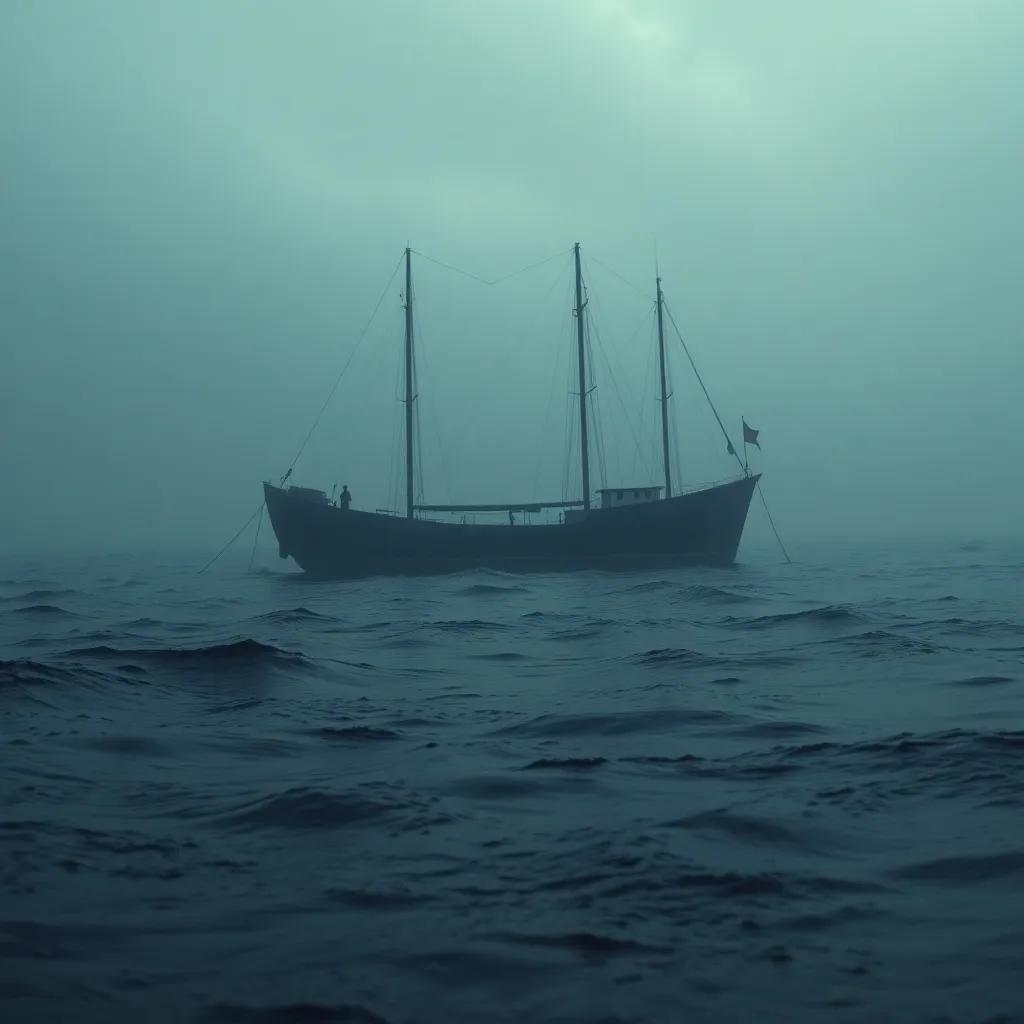Table of Contents
Navigating Without Direction

What happens when yoru GPS goes dark in the open sea? It’s not just an inconvenience; it can spiral into chaos and peril. This scenario underscores the critical nature of knowing how to navigate without electronic aids. In this article, we’ll explore the risks of technology failure, essential backup navigation techniques, and the psychological impact of being lost at sea.
The Dangers of Dependence
Relying solely on GPS for navigation can lead to dire consequences. In unexpected situations, such as battery failures or signals being lost, mariners can quickly find themselves adrift, both geographically and psychologically.
- Over-reliance on Technology: Many sailors depend wholly on GPS. When it fails, they often lack the basic skills to navigate using traditional methods.
- Disorientation: Without direction, confusion can reign, causing panic - especially in adverse weather conditions.
- Safety Risks: A lost vessel can drift into dangerous areas, threatening both the crew and the ship.
Imagine being surrounded by endless blue with no sense of direction and time running out. the key takeaway? Technology is a tool, but not a crutch. Sailors must be prepared for the worst-case scenario with solid foundational navigation skills. This preparation can drastically improve a crew’s chances of survival.
Essential navigation Skills
When technology hesitates, basic navigation skills become vital. There are several methods to ensure you can find your way back,even when GPS is out of commission.
- Celestial Navigation: Using stars,the sun,and moon helps sailors determine their position on Earth.
- Using a Compass: Learn how to read a compass effectively. A compass can guide you even when your digital devices fail.
Scenario: Unexpected GPS Failure
Imagine sailing smoothly when your GPS fails. Here’s how you can adapt:
- Initial Reaction: Instead of panicking, gather your crew for a quick discussion.
- Assess Position: Use a compass to determine your direction.
- Utilize Landmarks: If near the coast, sight recognizable landmarks to guide your path.
- Plan a Course: Plot a course back using traditional maps, maintaining a steady heading.
Navigational awareness helps alleviate the fear and confusion that arise when technology falters.
The Psychological Impact of Losing Direction
Experiencing a GPS failure at sea can be unnerving.The vastness of the ocean creates a unique blend of isolation and anxiety.
- Fear and anxiety: A sudden loss of direction can induce panic, affecting decision-making.
- Team Dynamics: Crew morale can be severely impacted; some may panic, while others take charge.
- Coping Strategies: Use breathing techniques to remain calm and focused. Establish clear roles among crew members to foster teamwork.
Recognizing how to manage stress in harsh situations can enhance your chances of navigating successfully. It’s not just about finding your way physically but also maintaining mental fortitude amidst uncertainty.
Trust Your Instincts

In closing, being lost at sea is a stark reminder of the balance between technology and natural instinct. It highlights the importance of preparation and adaptability. The biggest lesson? Technology can fail; being equipped with navigational skills and resilience is vital.
Reflect on your navigation practices; how firm is your knowledge without GPS? Don’t wait until the lights go out to discover your true navigational capabilities. What would you do without your gadgets?



